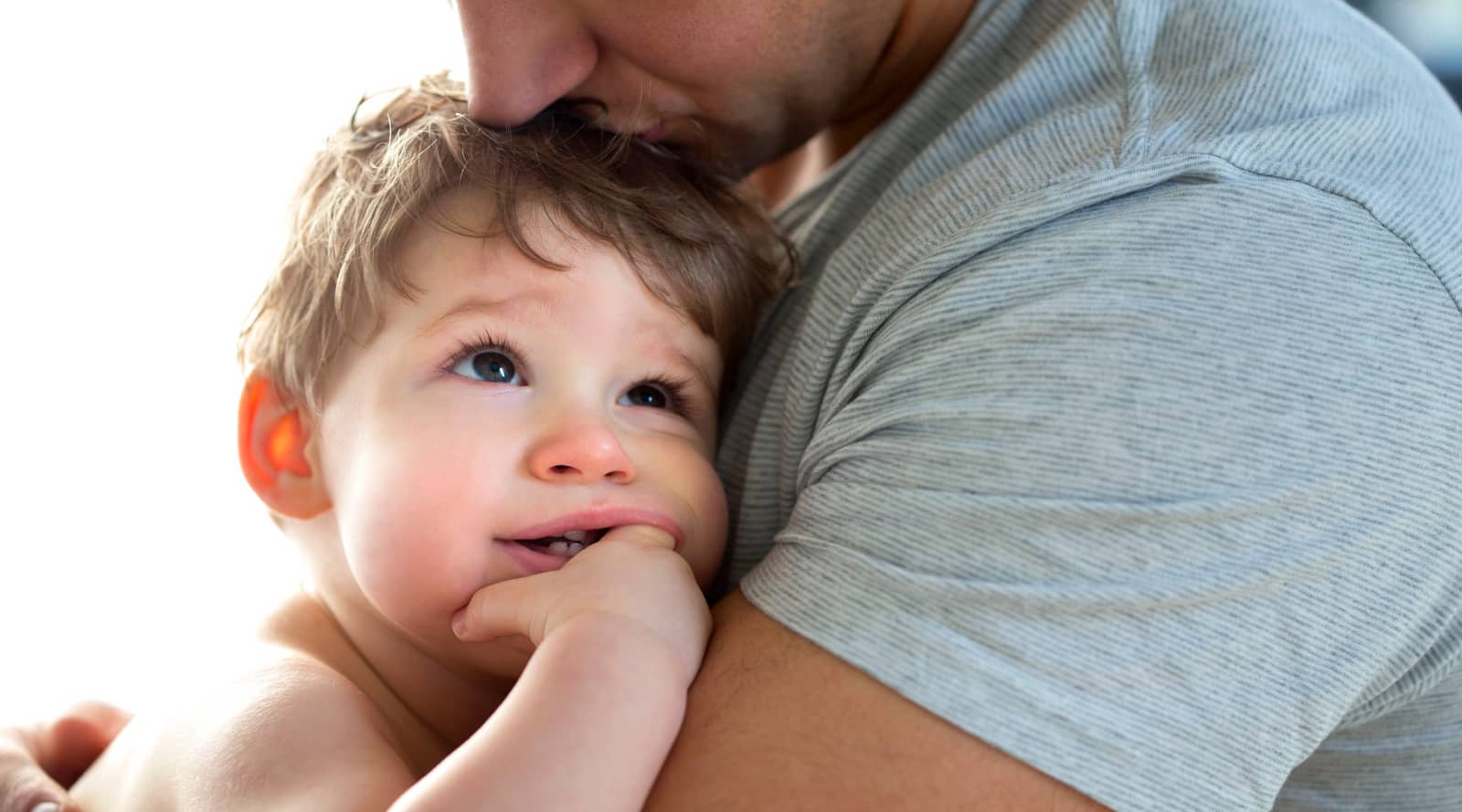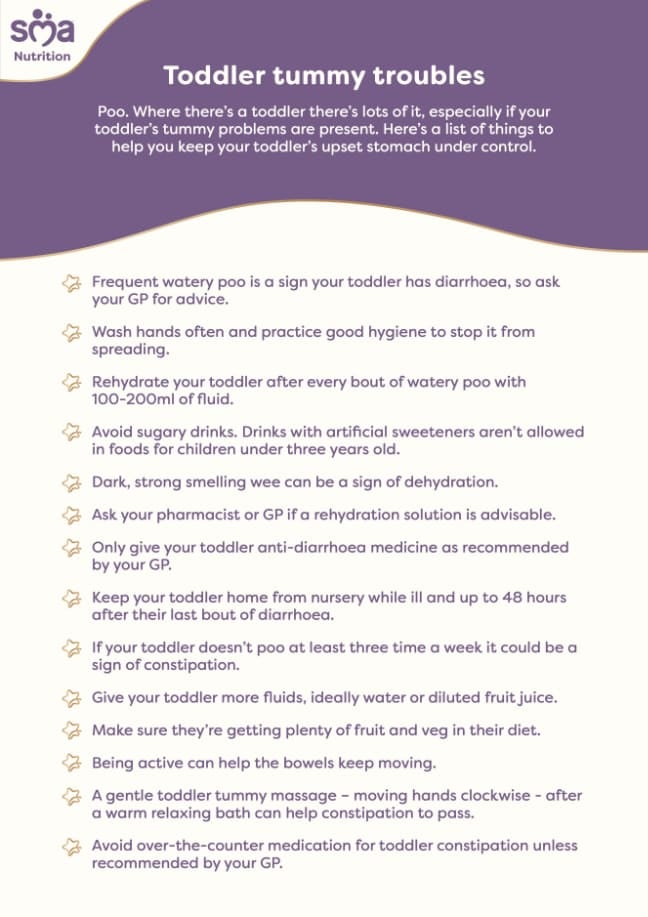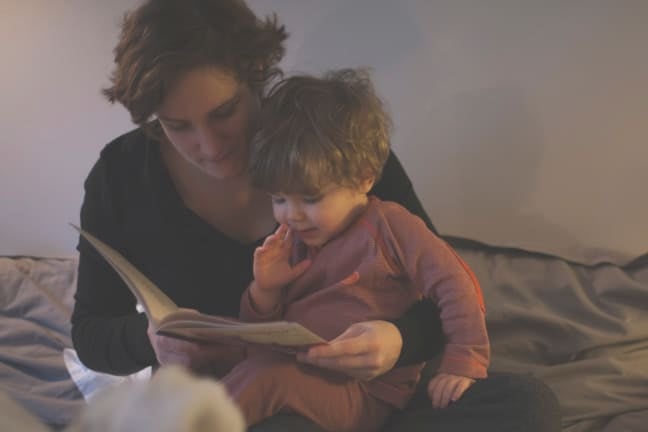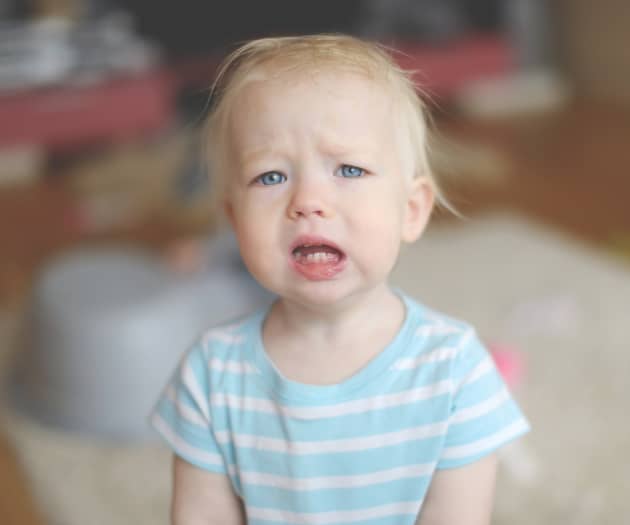Introduction
Toddler diarrhoea is more common than you think. Although your toddler is growing up fast, their digestive system is still getting used to this new world of food. So, it’s quite normal for occasional tummy troubles like diarrhoea to occur. Diarrhoea is often caused by mild illness but can also be due to food moving too quickly through the body. Wash hands often and practice good hygiene to stop diarrhoea from spreading. Give plenty of liquids to any little one suffering from diarrhoea and try to avoid giving sugary drinks. This article covers the signs and symptoms of toddler diarrhoea and some advice on things you can try to help.
Causes of diarrhoea in toddlers
Toddler diarrhoea is really common and nothing to worry about. It’s not contagious and often happens because food is moving through the gut a bit too quickly. Signs of toddler diarrhoea are loose, watery poos that are sometimes pale in colour. Toddler diarrhoea is the main cause of persistent diarrhoea in young children who are well and continue to grow just fine.
However, acute diarrhoea in young children is commonly caused by an infection. If your toddler is unwell with diarrhoea, along with other symptoms you should contact your GP for an appointment.
Understanding and managing toddler diarrhoea
- Toddlers need around 6–8 cups of water-based drinks a day, but their little tummies can find it hard to handle too much at once. Drinking too much can sometimes make diarrhoea worse, so it’s best to offer small drinks regularly throughout the day.
- Water is the best option when you can! Immediately after each bout of watery poo, try to give your toddler an extra drink of 100 – 200ml of fluid
- Avoid sugary drinks, or drinks containing artificial sweeteners like sorbitol which may make your toddler’s diarrhoea worse
- Check your child’s wee throughout the day – pale coloured wee is normal while much darker, strong smelling or cloudy wee could be a sign of dehydration
- If you think your child is becoming dehydrated, speak to your local pharmacist or GP to ask about rehydration drinks suitable for children
- Don’t give your toddler anti-diarrhoeal medicine unless recommended by your GP or another medical professional
- Nurseries and childminders will be looking out for the wellbeing of the other children and staff, so they’ll expect you to wait for your child to be free from diarrhoea for 48 hours before you bring them back in
While toddler diarrhoea is a common occurrence, understanding the symptoms and how to manage them is key. Remember that most cases of ‘toddler diarrhoea’ will usually get better with a few small changes and a bit of time. It is important to seek medical advice from your GP if you have any concerns, if the diarrhoea persists or is associated with other symptoms.
Soothe your toddler’s stomach with our practical tips and advice. Download our guide to find simple ways to manage tummy troubles and help your little one feel better.
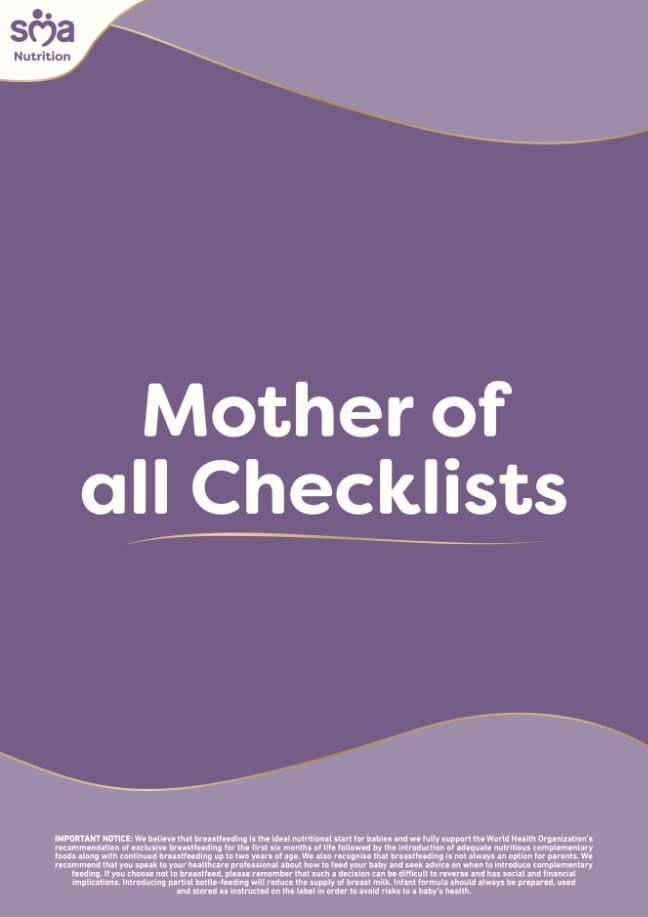
Join SMA® Baby Club to receive the Mother of all Checklists. With 63 checklists across your parenting journey from pregnancy through to toddlerhood we have you covered.



